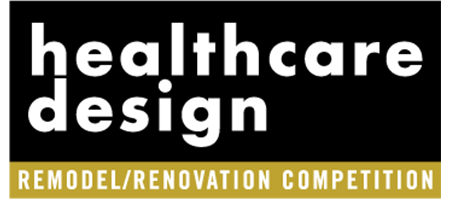The Icahn School of Medicine at Mount Sinai (New York), in collaboration with the Windreich Department of Artificial Intelligence and Human Health at Icahn Mount Sinai, established the Center for Ophthalmic Artificial Intelligence and Human Health in New York.
The project aims to advance clinical innovation in artificial intelligence (AI)-based diagnostic care in ophthalmology and population-based medical care. It will also work to advance understanding of cardiovascular and neurological conditions that impact patient well-being.
Mount Sinai will incorporate AI into trainee and physician education, research, and the clinical setting for rapid diagnosis of eye diseases and conditions. Those conditions include macular degeneration, diabetic retinopathy, glaucoma, hypertensive retinopathy, systemic conditions, and retinal tumors.
The center will research and implement validated AI models across three initial areas: Mount Sinai’s tele-retina program, ophthalmology tele-consult program, and eye stroke service.
The tele-retina program allows primary care physicians to capture retinal images during annual patient exams with the help of portable, high-quality digital cameras. These images are then uploaded to a technology platform where New York Eye and Ear Infirmary of Mount Sinai (New York) retinal specialists can examine them and provide diagnoses.
The implementation of validated AI software for these retinal images in the coming years could provide onsite interpretations of these scans, appropriate immediate patient referrals, and risk calculations for heart disease and stroke.
Mount Sinai’s tele-ophthalmology consult pilot program is designed to provide timely diagnosis and triage of patients experiencing eye emergencies. The program currently relies on telemedicine platforms, but AI could expedite diagnosis and treatment further.
AI will also transform and expand Mount Sinai’s eye stroke service, housed at several emergency departments in the Mount Sinai Health System, to expedite the diagnosis and treatment of patients who present with an acute eye stroke.











